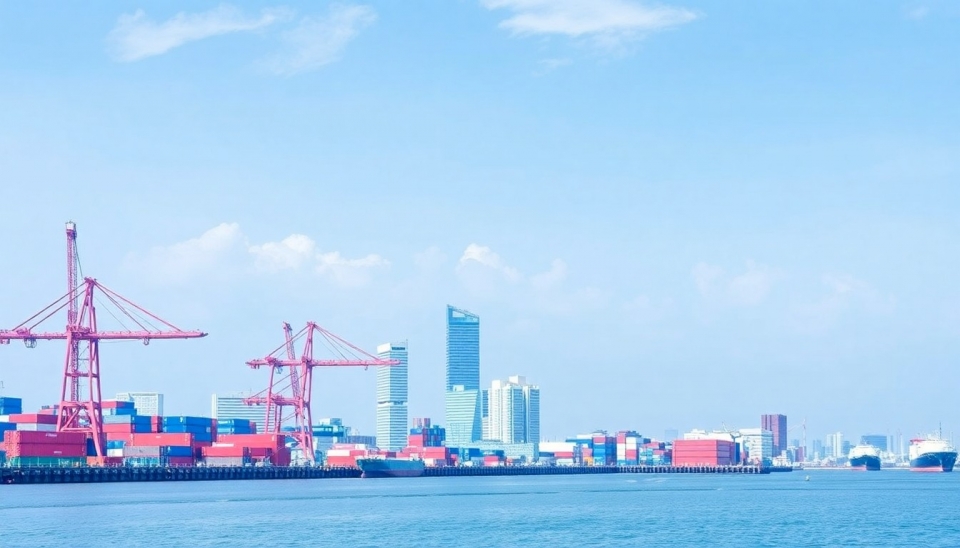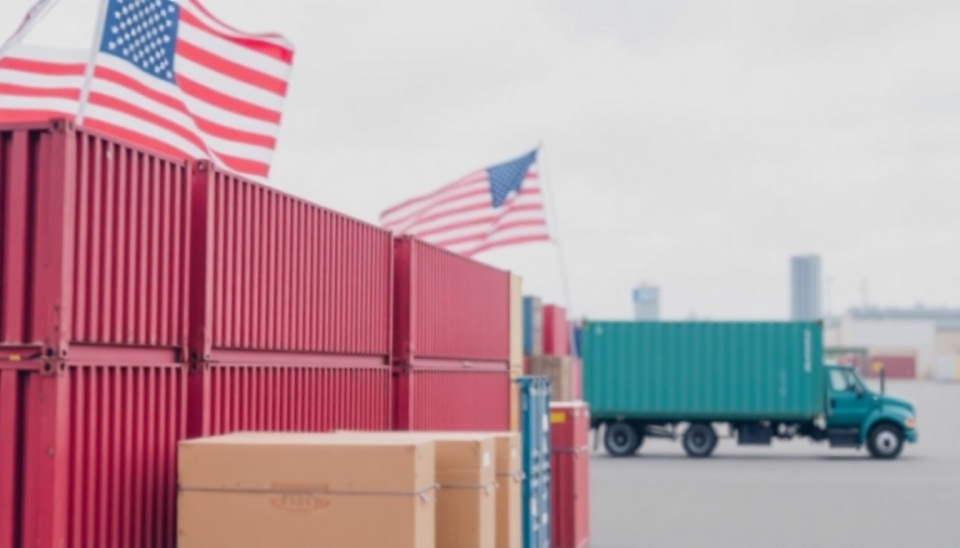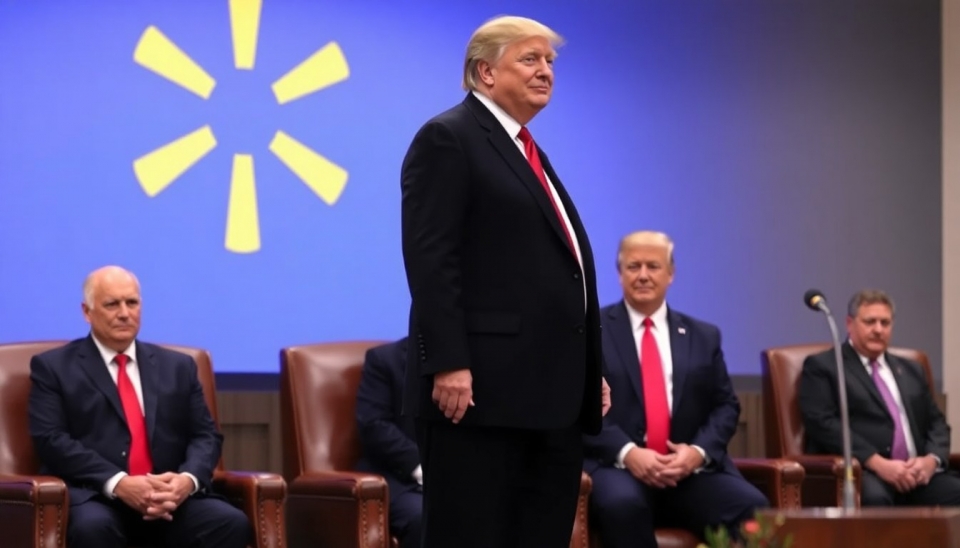Tariffs as a Tool for Reducing Trade Deficits: Experts' Opinions

According to statements from economic experts, the imposition of tariffs can play a significant role in correcting the trade deficit of the United States. The consequences of applying these duties are widely discussed, yet specialists believe that strategically chosen measures can yield positive results.
The main argument of tariff advocates is that these measures can stimulate American industry and decrease reliance on imported goods. Various studies suggest that implementing higher tariffs on products from other countries could potentially lead to an increase in domestic production capacity and the creation of new jobs in America.
On the other hand, opponents of this initiative warn of the risks involved. They argue that high tariffs may provoke retaliatory actions from foreign countries, ultimately harming both producers and consumers in the U.S. Additionally, experts predict this could lead to higher prices for imported goods for American citizens.
The uncertainty surrounding foreign trade policy raises concerns among business owners and investors, as many enterprises rely on stable international trade. Despite these worries, certain industries, such as metallurgy and automotive manufacturing, could benefit from tariff increases.
Therefore, the discussion regarding tariffs' role in regulating trade deficits continues, and many questions remain unanswered. Economists are awaiting additional data and research that will help better understand how these measures will impact the country's economic landscape in the future.
#tariffs #trade #deficit #experts #U.S. #economy #sustainable #growth




